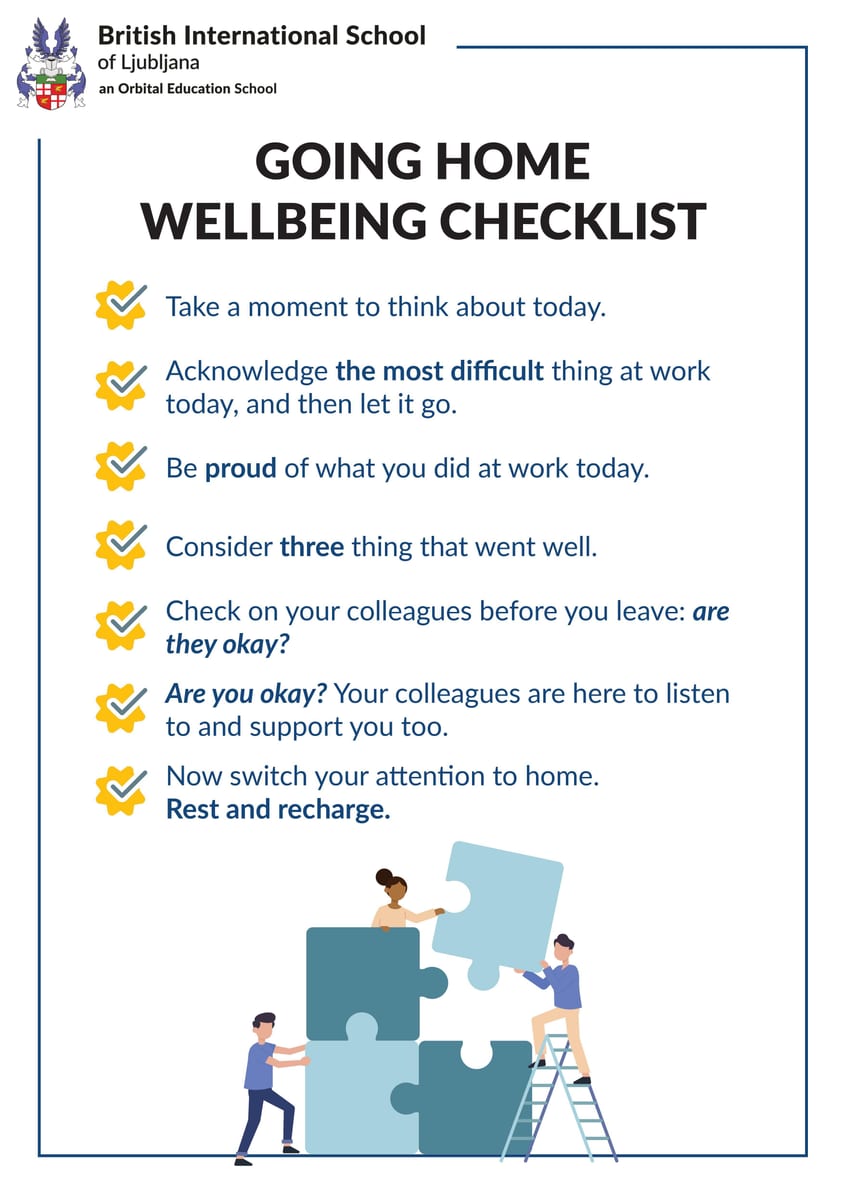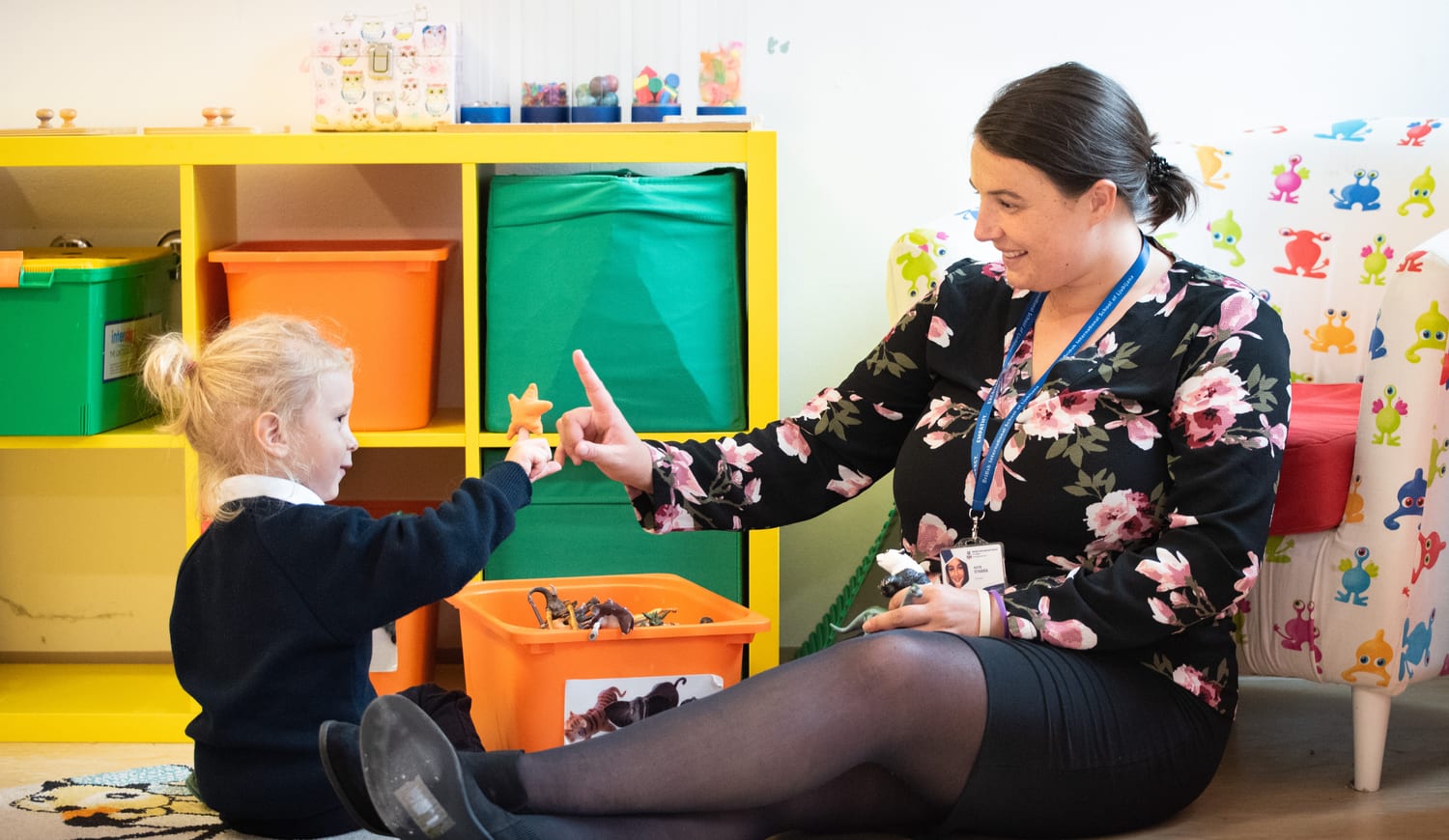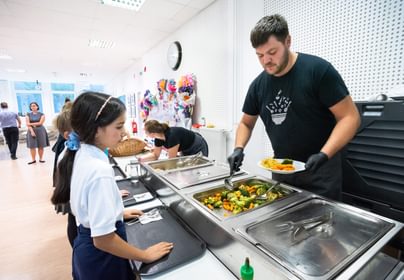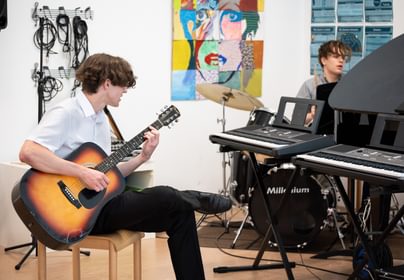Students need to feel supported, confident, safe and happy to be able to thrive and excel within education. Across the whole school we aim to support students to achieve their best educationally, socially and emotionally. Life can be uncertain and varied at times and everyone needs someone or somewhere to turn for some extra support or advice - and here at BISL we aim to do this with as much care as possible.
What are we currently doing?
- Tutors and class teachers working with students and parents when issues arise.
- We have a Student Support Lead for a few hours a week to put resources in place and set up the support library.
- We can offer information, advice, support, guidance and signposting.
- We have resources for students, staff and parents.
E-Safety at BISL
In order to help our students, the school must work in conjunction with our parents and students to make sure that we can all be consistent in how we prepare our students to make good choices with technology and the internet.
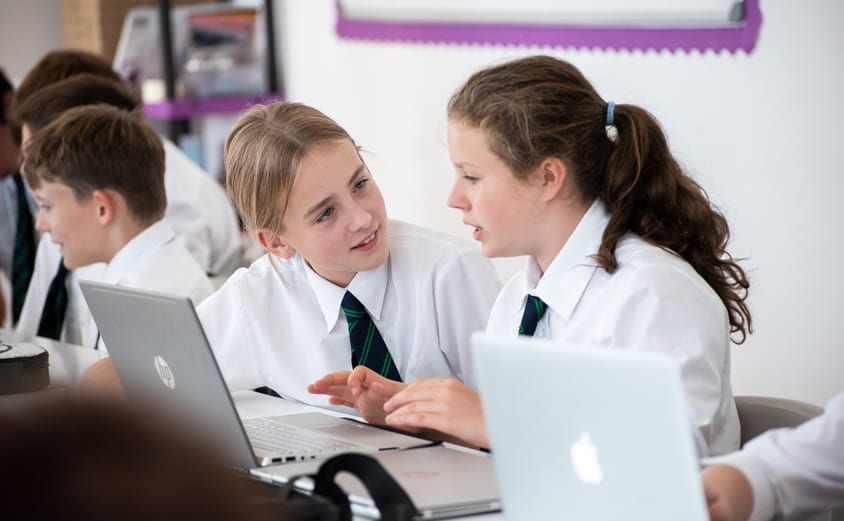
We believe that the internet and technology should be used primarily for 'learning'. Used in the correct way, it can add real value to the learning experiences that our students enjoy in the classroom.
We commit to:
- Creating a safe environment for students to learn online in school.
- Raising awareness of social media issues, how to deal with these and how to make good choices when using technology in and beyond the classroom.
- Using technology wisely and effectively to transform and enhance learning
Here are some useful resources for parents for safe use of the internet:
- Duck Duck Go can be used for safe internet searches.
- LogOut is a company that specialises in helping children and adults that use the Internet extensively or are already addicted.
- Useful eSafety tips for Parents with Primary school children.
For additional resources on online safety, how to educate your child and talk to them about the smart ways of using the internet, please visit our E-Safety at BISL page and browse through variety of resources on online safety, application use and taming the use of devices.
At BISL, we follow a Bring Your Own Device (BYOD) policy. The use of the devices is always intender for learning and enabling our students to reach an even higher quality of education. The students should bring either an iPad to school or laptop. Please visit the First Day Checklist for detailed information on what equipment is advised.
BISL House system

At BISL we have a special school feature, called House system. The idea behind the House system is that there is a vertical and even split of students of all ages in each of our four Houses - Emerald, Hessonite, Sapphire, and Zircon.
A sense of inclusion and engagement in a common enterprise can have academic benefits as well as social-emotional ones, and our House System was developed to promote a positive and inclusive culture at BISL, a caring and supportive environment where all students are welcome and valued, and can demonstrate loyalty allegiance while contributing to the success of their House.
The benefits of the whole school House System include:
- The system is inclusive of all learners and includes sporting, academic and artistic endeavors.
- Promotes positive self-esteem , self-identity, belonging, integrity, teamwork and pride amongst all students.
- Peer support to help promote positive mental health and develop a common goal between school staff and students.
- Promotion of student responsibility and student voice, cooperation, communication and leadership skills.
- Skills valued for job applications and better preparation for future employment.
- Constant and consistent encouragement for students to achieve their best.
Houses compete against each other in a friendly environment. We trust the House Captains and senior students in each House will look out for the younger ones, enabling the seniors to benefit by learning leadership and organizational skills themselves.
When a child joins BISL they become a member of a particular House along with all the staff in the school. On their first day, your child will be assigned to one of the four houses and the fun journey will begin.
At the end of the academic year, the winning house is presented with the House Cup, displayed in school throughout the following academic year.
Being Active!
Mental factors | Benefits gained |
High self-esteem | Improves your approach to tasks and general confidence |
Feeling motivated | Helps you to be active and be happy about yourself |
Coping well with stress | Stops you from feeling anxious or depressed |
As a part of your student’s education at British International School, we promote personal wellbeing and development through a comprehensive Personal, Social, Health and Economic (PSHE) education programme.
PSHE education is the curriculum subject that gives students the knowledge, understanding, attitudes and practical skills to live safe, healthy, productive lives and meet their full potential.
Our students will be learning about: Healthy relationships, including friendships; families; growing and changing, including puberty; personal hygiene; changing feelings; becoming more independent; keeping safe; developing self-esteem and confidence. Students will also have opportunities to ask questions.
All PSHE teaching takes place will take place in a safe learning environment and is underpinned by our school ethos and values.
PSHE
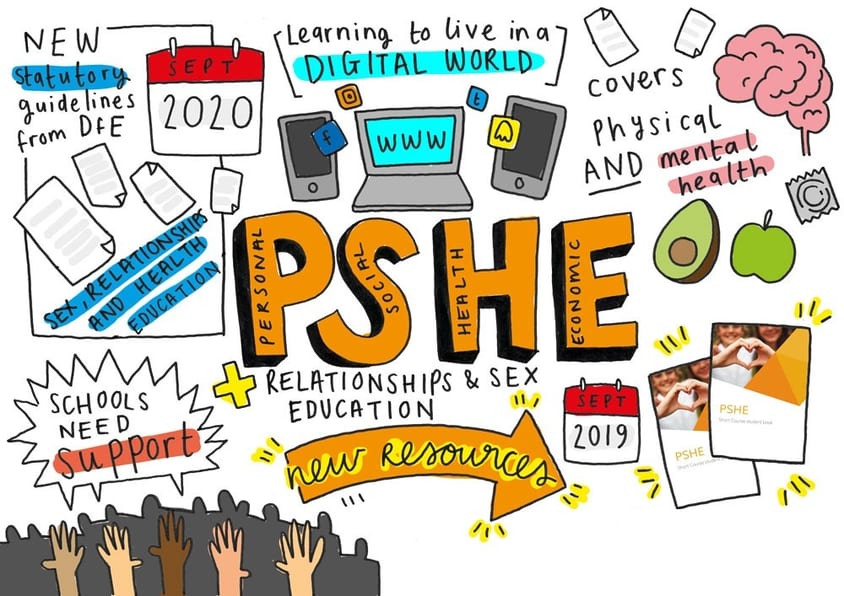
Engage, Relate and Shine
Wellbeing is multi-dimensional, and our programme includes elements of positive psychology allowing us to ‘engage, relate and shine’ as follows:
Engage
Cognitive Wellbeing: A belief in the limitless opportunity and endeavour that learning presents.
Spiritual Wellbeing: Being mindful of the present and finding meaning and purpose in life.
Relate
Social Wellbeing: Interacting with people in our community and beyond, in a way that enables us to ‘connect, act and reflect’.
Emotional Wellbeing: Using positive emotion to reflect with gratitude, enabling us (and others) to flourish in our community.
Shine
Physical and mental wellbeing: Being active and engaged in both mind and body with experiences that support healthy and optimal living.
Mental Health
Mental health includes our emotional, psychological, and social well-being. It affects how we think, feel, and act. It also helps determine how we handle stress, relate to others, and make healthy choices. Mental health is important at every stage of life, from childhood and adolescence through adulthood
• Be more aware of mental health issues
• Recognise symptoms and warning signs
• Respect people who have mental health problems / challenge stigma
• Know where they can get help and support
• Know how they can help themselves and other people having problems.
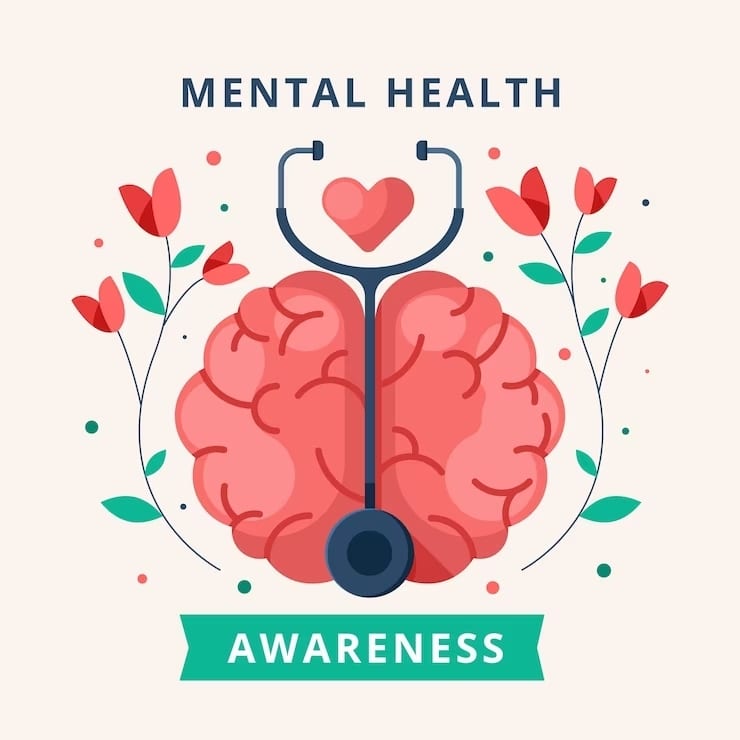
Eight tips for Talking about Mental Health
1. Set time aside with no distractions
It is important to provide an open and non-judgemental space with no distractions.
2. Let them share as much or as little as they want to
Let them lead the discussion at their own pace. Don’t put pressure on them to tell you anything they aren’t ready to talk about. Talking can take a lot of trust and courage. You might be the first person they have been able to talk to about this.
3. Don't try to diagnose or second guess their feelings
You probably aren’t a medical expert and, while you may be happy to talk and offer support, you aren’t a trained counsellor. Try not to make assumptions about what is wrong or jump in too quickly with your own diagnosis or solutions.
4. Keep questions open ended
Say "Why don’t you tell me how you are feeling?" rather than "I can see you are feeling very low". Try to keep your language neutral. Give the person time to answer and try not to grill them with too many questions.
Repeat what they have said back to them to ensure you have understood it. You don’t have to agree with what they are saying, but by showing you understand how they feel, you are letting them know you respect their feelings.
6. Offer them help in seeking professional support and provide information on ways to do this
You might want to offer to go the GP with them, or help them talk to a friend or family member. Try not to take control and allow them to make decisions.
Ask for help or signpost if the problem is serious. If you believe they are in immediate danger or they have injuries that need medical attention, you need to take action to make sure they are safe. More details on dealing in a crisis can be found below
